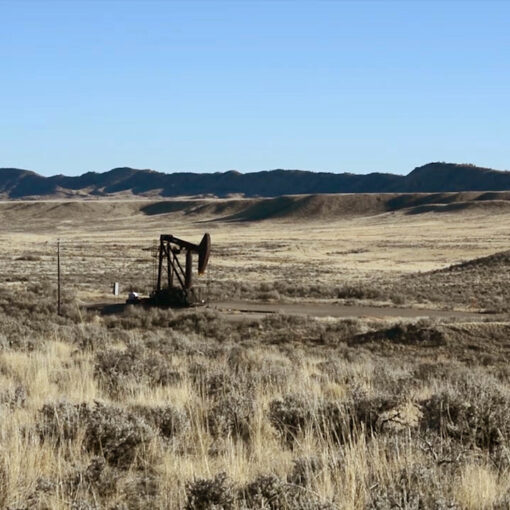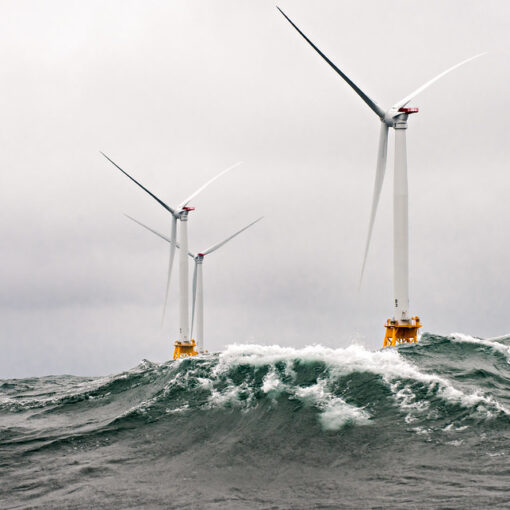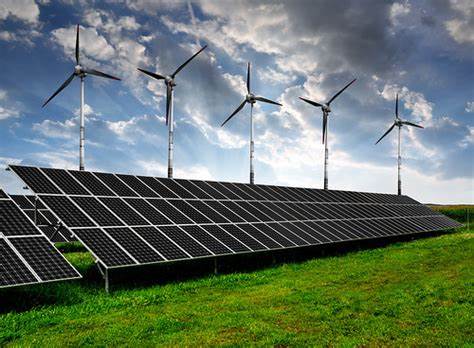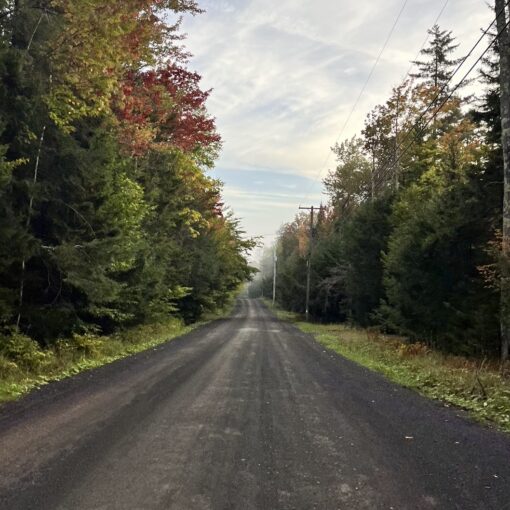 With the Biden administration setting ambitious targets to reduce greenhouse gas emissions and transition to a clean energy future, the need for swift and efficient deployment of renewable energy projects has never been more urgent. Although the current permitting process is designed to ensure environmental protection and public safety, many argue that these permitting processes often create significant delays, hindering renewable energy development.
With the Biden administration setting ambitious targets to reduce greenhouse gas emissions and transition to a clean energy future, the need for swift and efficient deployment of renewable energy projects has never been more urgent. Although the current permitting process is designed to ensure environmental protection and public safety, many argue that these permitting processes often create significant delays, hindering renewable energy development.
The challenge is clear: how can we expedite the development of renewable energy infrastructure without compromising the environmental and community safeguards that are crucial for sustainable development? This question has prompted a wealth of research and policy analysis, as experts from across the political and scientific spectrum seek viable solutions.
A new Sabin Center white paper reviews reports and studies that propose a range of policy reforms aimed at accelerating the development of renewable energy infrastructure while maintaining rigorous environmental and community protections. Through this extensive research, several key themes and recommendations emerged as critical to reforming the permitting process. These are not just theoretical ideas but practical steps that, if implemented, could significantly reduce the time and cost associated with bringing renewable energy projects online. This white paper condensed the policy proposals from each organization in order to quickly identify actionable steps federal and local governments can take. Below, are the main themes and highlight proposals that were recurring throughout the reports.
Community Engagement and Public Participation
Several reports emphasize the importance of developers engaging early and consistently with local communities, Tribal nations, and other stakeholders to ensure meaningful participation and proactively address concerns. Recommendations include establishing agreements with local communities to provide tangible benefits like job creation and infrastructure improvements, and ensuring that disadvantaged and overburdened communities have a voice and receive benefits from new clean energy projects.
Streamlining Permitting Processes
Other reports highlight the need to consolidate state, regional, and local permits into a single, streamlined process to reduce delays. Recommendations also include increasing the use of Programmatic Environmental Impact Statements (EIS) for reviews across large geographic regions, which can reduce the number of project-specific reviews needed. Additionally, expanding the use of across large geographic areas Categorical Exclusions for low-impact renewable energy projects was suggested to expedite approvals.
Interagency Coordination and Capacity Building
Experts recommend enhancing coordination among federal agencies to streamline permitting and review processes, utilizing tools like the Permitting Dashboard. To alleviate wait times, it is proposed to increase staffing and resources for federal and state agencies involved in permitting. There is also a call for investing in training agency staff and improving transparency and communication during the permitting process.
Judicial and Legislative Reforms
Proposals include shortening the statute of limitations for challenging permitting decisions to limit prolonged legal uncertainties. The reports also recommend establishing specialized courts or review boards to handle permitting disputes more efficiently. Changes to existing laws, such as the National Environmental Policy Act (NEPA), are suggested by some to streamline review processes and address ambiguities , though others argue that this is not necessary and could ease the approval of fossil fuel projects.
Transmission and Grid Infrastructure
Some reports focus on granting the Federal Energy Regulatory Commission (FERC) primary siting authority for interstate electricity transmission lines and establishing federal interstate siting standards to streamline the approval process. Proposals also include mandating minimum transfer capabilities between regions to enhance grid reliability and support renewable energy integration. Specific measures are recommended to support geothermal energy and offshore wind projects, such as designating leasing areas and updating environmental impact statements.
State and Local Reforms
At the state and local levels, proposals include establishing dedicated state agencies to oversee renewable energy permitting and provide clear, consistent guidelines to developers. It is suggested that state agencies be allowed to override overly restrictive local ordinances that hinder renewable energy development. Additionally, using previously disturbed lands and areas with lower environmental impacts for renewable energy projects is encouraged to minimize negative effects on pristine habitats.
Incentives and Financial Support
Policy proposals advocate for financial incentives such as grants, tax credits, and technical assistance to support the development of renewable energy projects, akin to the favorable tax policies historically received by oil and gas industries. (The Inflation Reduction Act and the Bipartisan Infrastructure Law, both enacted after several of the studies, now provide many such incentives for renewables.) It is also suggested that the federal government create project application fees to fund agency operations and maintain adequate staffing levels. Finally, there is a proposal to require developers to implement environmental mitigation measures and provide compensatory mitigation for impacts on wildlife habitats and ecosystems.
In conclusion, the proposed permitting reforms offer a comprehensive approach to accelerating renewable energy deployment. By streamlining processes, enhancing coordination, and maintaining community and environmental protections, these reforms aim to reduce delays and costs associated with renewable energy development. Although many of the reports focused on what the best course of action was to reform the permitting process, future policy discussions should more strongly prioritize an analysis on what is politically feasible rather than a strict emphasis on best policy. The Sabin Center remains dedicated to supporting these crucial discussions and the transition to a sustainable energy future.





